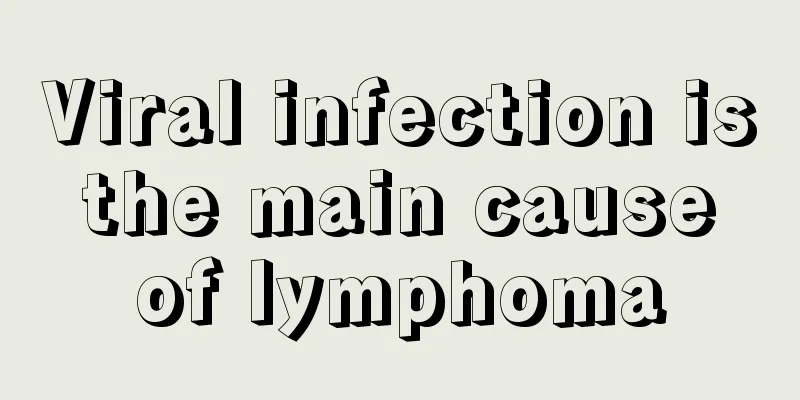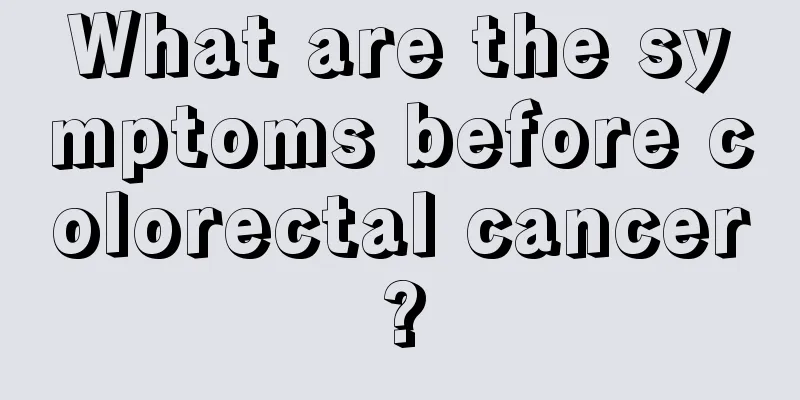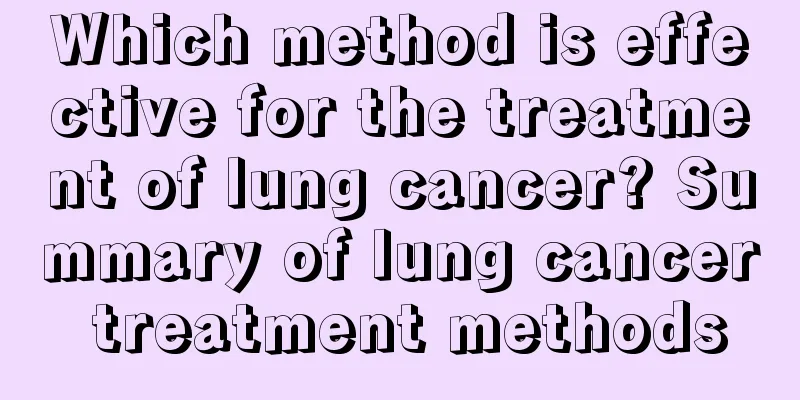Stomach hurts when I bend over

|
Stomach pain is a relatively common disease, and the specific symptoms of stomach pain are different for different diseases. For example, many people experience stomach pain when they bend over, which is most likely caused by symptoms such as functional indigestion. For this common digestive system disease, timely treatment is necessary, otherwise the condition will worsen and the patient's health will be more affected. 1. Causes 1. Factors such as impaired relaxation of the gastric fundus after eating, disorder of coordination between the gastric antrum and the duodenum, and visceral hypersensitivity are related to the onset of FD. 2. Psychological, environmental and social factors can affect and aggravate the clinical manifestations of FD patients. 2. Clinical manifestations FD has no characteristic clinical manifestations, mainly including upper abdominal pain, upper abdominal distension, early satiety, belching, loss of appetite, nausea, and vomiting. Symptoms may occur alone or as a group. 1. Early satiety refers to the feeling of fullness shortly after eating, resulting in a significant reduction in food intake. 2. Upper abdominal distension often occurs after meals, or persists and worsens after meals. 3. Early satiety and upper abdominal distension are often accompanied by belching. Nausea and vomiting are uncommon and often occur in patients with significantly delayed gastric emptying, with vomiting usually of the stomach contents of the meal. 4. Many patients also suffer from mental symptoms such as insomnia, anxiety, depression, headache, and inattention. These symptoms are related to the "cancer fear" in some patients. 5. Symptoms may also change during the course of the disease. The onset is usually slow, lasting over years, and may persist or recur. Many patients have dietary, mental and other triggering factors. Treatment The treatment is mainly symptomatic, following the principles of comprehensive treatment and individualized treatment. 1. General treatment Develop good living habits, avoid smoking, drinking and taking non-steroidal anti-inflammatory drugs. No special diet, avoid foods that trigger symptoms in personal life experience. Pay attention to providing psychological treatment based on the different characteristics of the patients. People with insomnia and anxiety can be given appropriate sedatives. 2. Medication There is no specific medicine, and treatment is mainly empirical. (1) Drugs that inhibit gastric acid secretion are generally used for patients with upper abdominal pain as the main symptom. H2 receptor antagonists or proton pump inhibitors can be used selectively. (2) Gastrointestinal motility drugs are generally suitable for patients whose main symptoms are upper abdominal distension, early satiety, and belching. Selectively take domperidone, itopride, etc. (3) Helicobacter pylori eradication therapy may be effective for a small number of FD patients infected with Helicobacter pylori and can be tried for those with severe symptoms. |
<<: How to remove the food remaining in tonsils
>>: Why can't anal fissure heal?
Recommend
What are the symptoms of advanced lung cancer? Is advanced lung cancer contagious?
Whether advanced lung cancer is contagious depend...
If lung cancer metastasis is detected, do I need to do genetic testing?
Whether genetic testing is needed after lung canc...
Specific method of making aloe vera skin infusion by yourself
Aloe vera skin care is a popular beauty care meth...
How to correct homosexuality and become a normal person
Homosexuality is very easy to occur during adoles...
How to deal with turbid well water
In ancient times, people did not have the current...
Can I smoke and drink during the treatment of nasopharyngeal cancer?
If you have nasopharyngeal cancer, you must be ca...
How to treat severe and rare obsessive-compulsive disorder?
Obsessive-compulsive disorder is a manifestation ...
Treatment of recurrent testicular cancer
What are the treatments for testicular cancer rec...
My face turns red after applying makeup
Many people choose to put on makeup in order to m...
What are the symptoms of advanced lung cancer? The five most common symptoms of advanced lung cancer
People only have one life, so everyone's life...
Can pulmonary fibrosis be cured?
Pulmonary interstitial fibrosis can be cured if i...
What does a birthmark on the back mean
There has been a saying in my country since ancie...
Is late-stage uterine cancer contagious?
Uterine cancer has a very high incidence rate amo...
How to quickly eliminate blood stasis, save these tips
Minor bruises from a collision may not require ho...
Symptoms of gastric bulb ulcer
There are many patients with stomach problems in ...









